Where are the flats on the cover of Original Pirate Material by The Streets?
GoogleAds
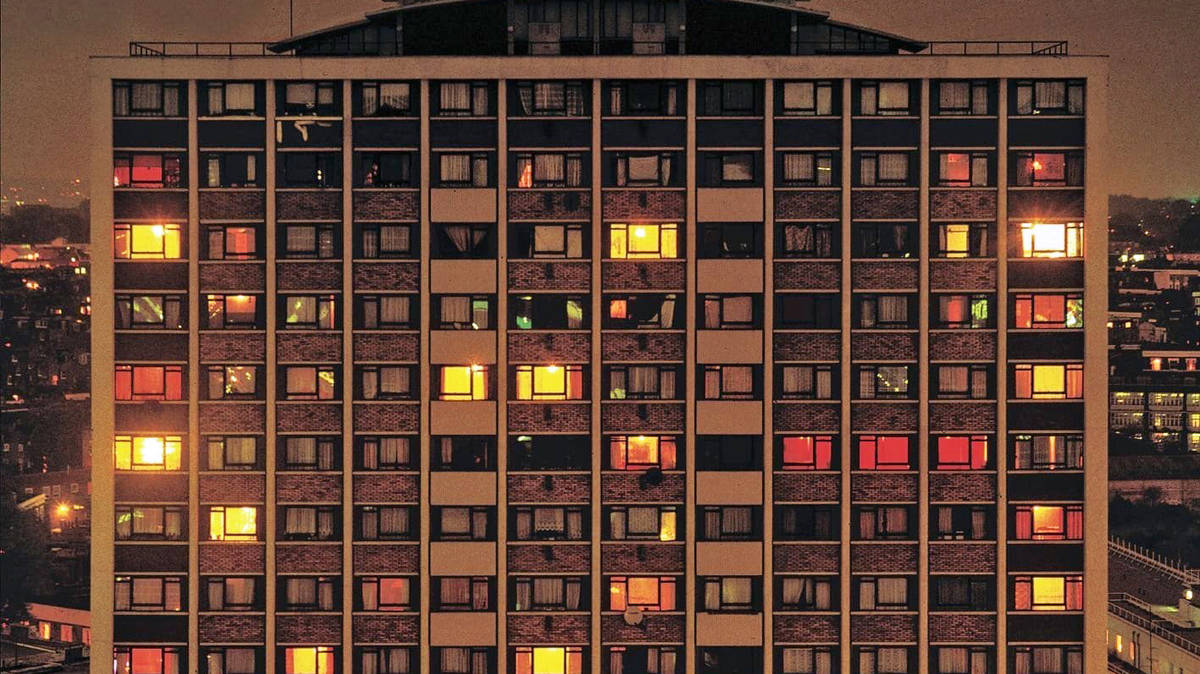
25 March 2022, 08:00
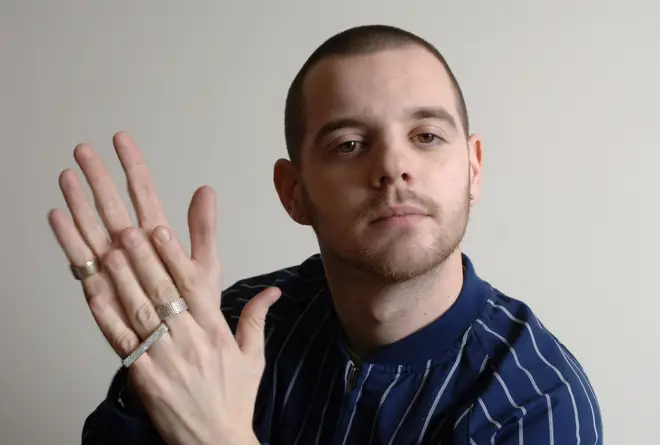
Mike Skinner of The Streets, pictured in 2006.
Picture:
Lex van Rossen/MAI/Redferns/Getty Images


The famous sleeve photo has an image that’s related to another classic album of the 2000s…
It’s hard to recall how big a deal The Streets were when the debut album Original Pirate Material arrived on the scene in March 2002.
Mike Skinner had a unique voice and a unique way of expressing himself, as demonstrated on tracks like Has It Come To This?, Weak Become Heroes and Let’s Push Things Forward.

The Streets – Has It Come to This? (Official Video)
The NME said that Skinner’s songs were “snapshots of ordinary life as a young Midlands resident, set to innovative two-step production: tales of love, going out, being skint, getting drunk, and eating chips”.
Recorded in his bedroom in Brixton, South London over the period of a year, Skinner’s music required a suitably every day, everyman type of image to illustrate its themes. The cover art features a photograph of a British tower block at night – some flats are empty, others have glimmers of light in their windows, indicating there’s people going about their lives. The public and the private.
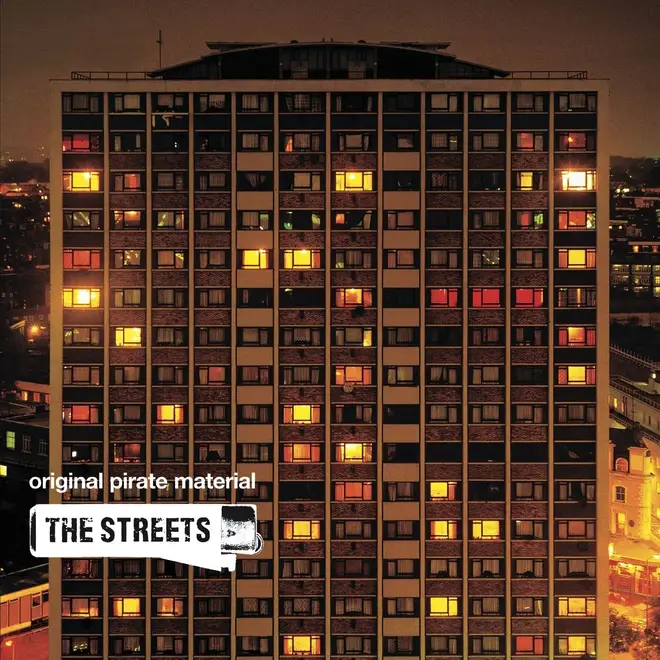
The Streets – Original Pirate Material.
Picture:
Press
The block of flats pictured is Kestrel House, on City Road/Moreland Street, East London. The building was opened in 1968 and lies on the main road between Angel and Old Street.
The image was taken in 1995 by Rut Blees Luxemburg, a German photographer who studied in London.
The photo used on the sleeve of Original Pirate Material was originally called Towering Inferno and forms part of the series A Modern Project.

Kestrel House, City Road, London, EC1.
Picture:
View Pictures/Universal Images Group via Getty Images
Luxemburg was part of an art space called Plummet, which was located on the 16th floor of another block, which now forms part of the King Square estate. She told Photoworks: “It was in this experimental environment that my interest in the representation of cities really came into focus and my photograph for the cover of The Streets’ debut album was made there.”
The photo series was designed to find the art in London’s cityscapes. Luxemburg told The Fader in 2017: “I was very interested in how the architectural movement of modernism was represented in Britain. I found modernism in these social housing estates, yet they were stigmatised. In my work I try to find the beauty in the illumination, the structure, the clarity of the architecture.”
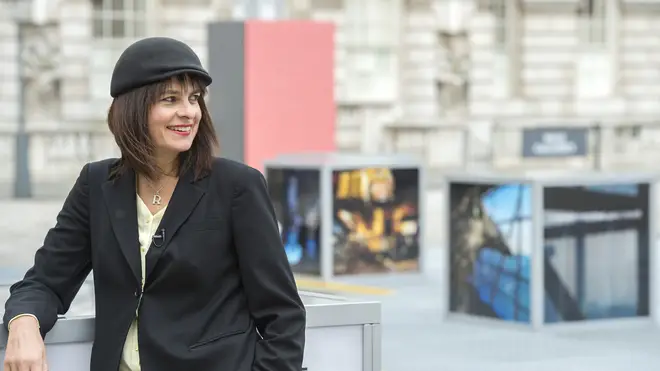
Rut Blees Luxenburg exhibits her photos in London, 2015.
Picture:
Guy Bell/Shutterstock
Luxemburg shot the photo on good old fashioned film, adding: “That’s why also you have this incredible detail. You can almost see into the people’s apartments. Everything is sharp, so you can really immerse yourself in the city.”
This feeling connected witn Mike Skinner’s bedroom garage tracks: “You really have the sense of this guy living in a similar estate, in his bedroom, doing the music. There’s something quite intimate about his music because it suggests an interior place. Although it talks about the city, it comes from a private experience.”
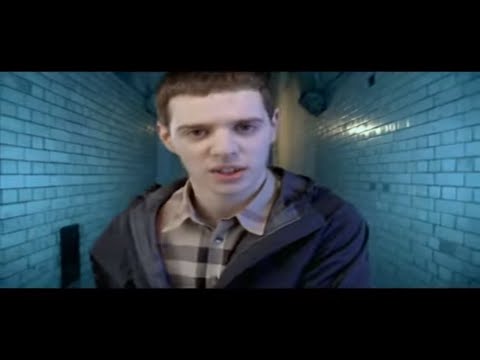
The Streets – Let’s Push Things Forward (Official Video)
Original Pirate Material made Number 23 in the Uk charts on its initial release, but re-entered and peaked at Number 10 after the success of Skinner’s single Dry Your Eyes in 2004.
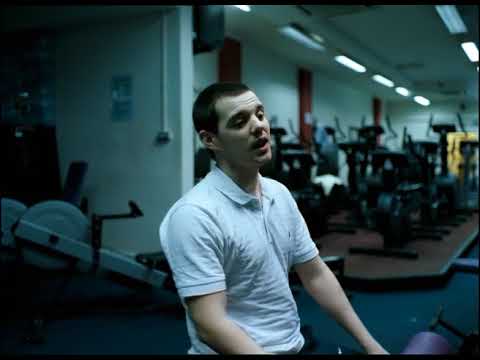
The Streets – Dry Your Eyes (Official Video)
The Streets weren’t the only artist to use one of Luxemburg’s images as album artwork in the early 2000s.
The image titled A Modern Project was used on the cover of Bloc Party’s second album, A Weekend in the City in 2007. The photo shows London’s Westway flyover, shot at night.
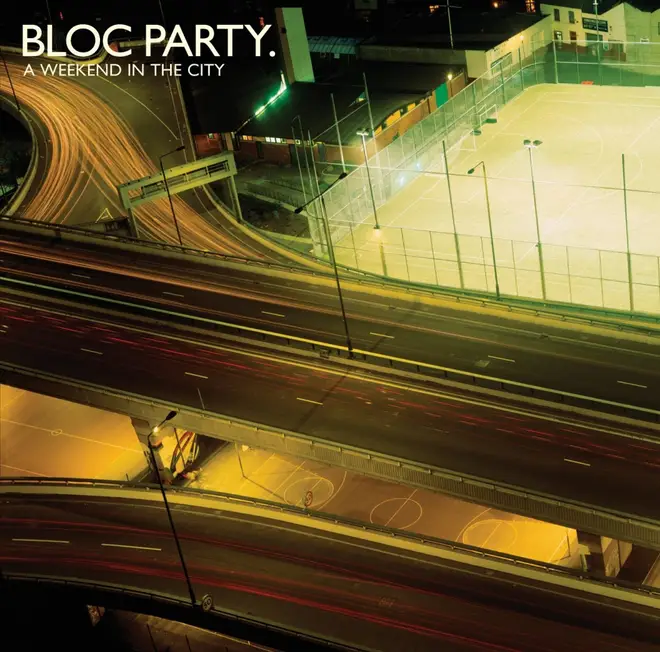
Bloc Party – A Weekend in the City album cover.
Picture:
Press
Source : https://www.radiox.co.uk/features/location-flats-original-pirate-material-streets/
Auteur :
Date de Publication : 2022-03-25 08:00:00
Le droit d’auteur pour le contenu syndiqué appartient à la source liée.
GoogleAds




